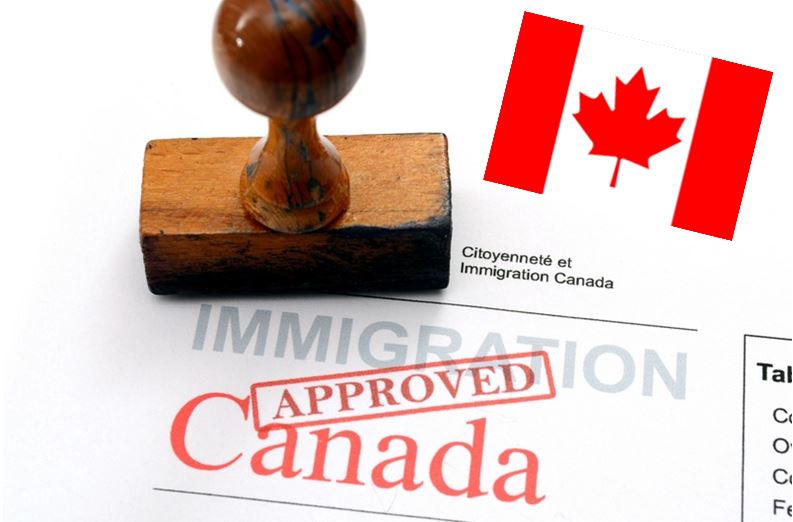Residency Appeal

Residency Appeal
Permanent residents are required to meet a minimum residency requirement in Canada or they may lose their permanent residence status and be declared inadmissible to Canada. Two years (730 days) of residency must be accumulated in every five-year period in order to satisfy the residency requirement and maintain permanent residence status.
When is my residency assessed?
Your residency can be assessed by IRCC when you:
![]() Apply for a PR Card renewal,
Apply for a PR Card renewal,
![]() Apply for a PR travel document
Apply for a PR travel document
![]() Enter Canada at an airport or land border and are examined by a CBSA officer
Enter Canada at an airport or land border and are examined by a CBSA officer
What is considered a “residency day” in Canada?
1. Each day you are physically present in Canada
2. When you are outside Canada and:![]() Accompanying a spouse/common-law partner or parent who is a Canadian citizen
Accompanying a spouse/common-law partner or parent who is a Canadian citizen
![]() Employed on a full-time basis by a Canadian company or the Public Service of Canada
Employed on a full-time basis by a Canadian company or the Public Service of Canada
![]() Accompanying a spouse/common-law partner or parent who is a Canadian permanent resident and who is employed by a Canadian company or the Public Service of Canada
Accompanying a spouse/common-law partner or parent who is a Canadian permanent resident and who is employed by a Canadian company or the Public Service of Canada
How is the residency requirement determination made?
Individuals who have been permanent residents for more than five years will have their permanent residency requirement calculated based on the five year period proceeding the calculation. Individuals who have been permanent residents for less than five years must be able to show they can meet the residency requirement within the five year period since they became a permanent resident.
My PR card has expired or is expiring soon and I don’t meet the residency requirement
First, It is important to note that when your permanent residency card expires it doesn’t mean that you have lost permanent residency status. You will need to renew your permanent residence card in order to exit Canada and return. If you are in this situation and are in Canada do not apply for a new PR card until you have satisfied the 730 day residency requirement. Applying for a new PR card will trigger an examination and if you haven’t met the requirement IRCC may begin the process of revoking your permanent residence status. Also, do not leave Canada unless you absolutely need to! You will need a valid PR card or PR travel document to return to Canada and even if your PR card has not expired you face a residency determination at the border or airport and you must be able to show you can meet the residency requirement within the five year period.
Residency appeal rights
A permanent resident has the right to appeal a negative permanent residency obligation decision to the Immigration Appeal Division (IAD). If a permanent resident receives a removal order within Canada at an admissibility hearing or after an examination, they must appeal the decision to the IAD no later than 30 days after receiving the removal order. If the decision was made outside of Canada the appeal must be filed within 60 days of receiving notice of the decision.
How can a Regulated Canadian Immigration Consultant (RCIC) help?
RCIC’s that specialize in refusals and inadmissibility are experienced with dealing with residency appeals and can:
![]() File the notice of appeal within the allotted 30 day or 60 days time limit
File the notice of appeal within the allotted 30 day or 60 days time limit
![]() Professionally prepare and represent your appeal to the IAD
Professionally prepare and represent your appeal to the IAD
![]() Build and present a compelling case on your behalf
Build and present a compelling case on your behalf
We strongly recommend you retain professional representation experienced in residency appeals. A negative determination at an IAD hearing results in loss of permanent resident status so it is important you have professional representation. We specialize in refusals, inadmissibility and appeals and are experienced at successfully appealing negative residency obligation determinations. Please contact us and one of our Regulated Canadian Immigration Consultants will revert to you within 48 hours.
Looking for Advice?
Your request will be answered withing 24 hours
GET YOUR FREE CANADIAN IMMIGRATION ASSESSMENT NOW!
